
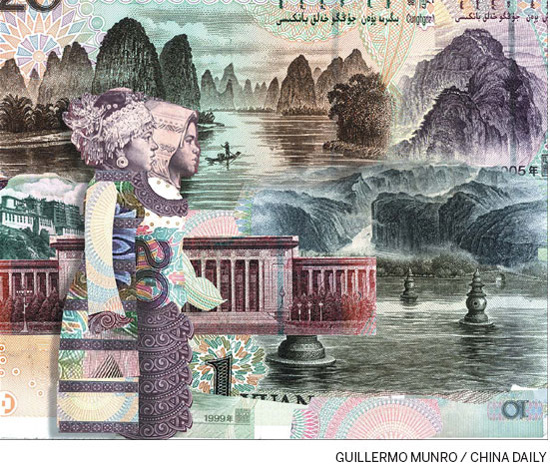 |
| (China Daily) |
Michael Sandel adopts a novel approach to address the age-old question of the moral limits of markets in his bestseller. Chen Yingqun explores further.
Market principles should not be allowed to invade our civic, social and family lives, says Michael Sandel, a political philosopher and a professor at Harvard University's Department of Government. Sandel, author of the bestseller What Money Can't Buy: The Moral Limits of Markets, says there is often a misconception that markets represent the public good.
"When people believe that markets and market logic can by themselves define the public good, there is a temptation to avoid moral and ethical reflection and discourse in public life," he says.
Sandel opines that over the past two to three decades people have not reflected on the matter because they consider such a process messy, uncertain and controversial.
He runs the popular Justice series of courses at Harvard, and taught more than 15,000 students over 20 years. It was also the first free Harvard course to be made available on public television and online.
Much of the course's popularity can be attributed to the discussion-oriented format and the engaging style of incorporating context into discussion.
Sandel uses case studies such as whether people can hire others to line up for them to buy a train ticket during the Spring Festival. Another scenario is whether universities can enroll students whose families donate money.
He has held discussions with college students in Beijing, Shanghai and Xiamen, often encouraging them to reflect on and debate the moral limits of the markets.
Sandel's latest book has been perceived by many to be a strong challenge to mainstream ideas like utilitarianism, market triumphalism and libertarianism. He was recently in China to promote the Chinese version.
"All these ideas support, in one way or another, the unrestrained extension of markets and market thinking in daily life," he opines.
The biggest drawback of such an existence has been the steep erosion of values in daily lives. This tendency has been growing steadily in the past 30 years, especially in the West and in China, he says.
"After the end of the Cold War, many people misinterpreted the meaning of the end of the Cold War, thinking there's only one system left standing: that is, capitalism.
"My book challenges and tries to inspire discussion about mainstream market assumptions, especially the market-driven assumptions. I think it is important to have a thorough discussion and debate on whether the money and markets actually serve the public good and where they don't belong," he says.
Through keen observation, Sandel has collected many examples in his books that he uses to illustrate how market logic seeps into every corner of life, and starts to dominate, and even corrupt, important areas.

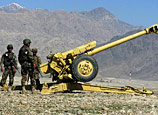

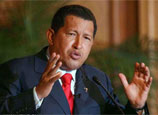
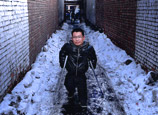


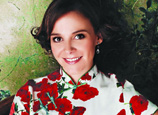
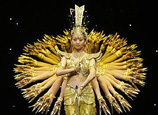
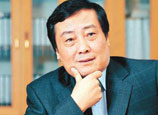







 Missing baby killed in Changchun | Photos: Local residents mourn for killed baby
Missing baby killed in Changchun | Photos: Local residents mourn for killed baby


![]()
